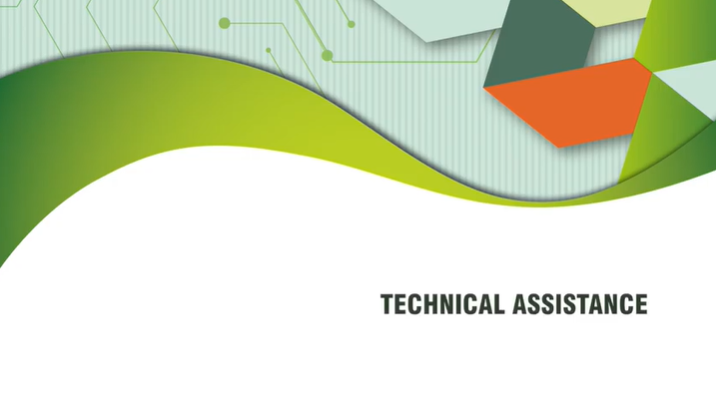Technical Assistance at the heart of ATAF’s value proposition. Here’s what you need to know
Technical Assistance has been at the heart of ATAF’s work since its foundation in 2009. It provides concrete benefits to recipient countries including by increasing the effectiveness of their revenue collection, filling identified gaps and strengthening the capacities of tax administrations.
WHY TECHNICAL ASSISTANCE?
TA work provides concrete benefits to the recipient country with the aim of increasing the effectiveness of revenue collection by member countries and strengthening the tax administrations capacity.
TA is the core of the ATAF mission as it:
- Builds institutional and human capacity among member countries;
- Allows ATAF to understand and develop solutions to the key issues facing tax administrations on the continent;
- Increases ATAF’s effective political impact;
- Supports the development of an effective African voice in the global tax debate; and
- Creates internal institutional coherence linking ATAF’s research and TA work in the interests of its members.
In 2020 alone, ATAF received TA requests from 11 member countries (Angola, Eswatini, Ghana, Lesotho, Kenya, Namibia, Nigeria, South Africa, Senegal, Zambia, and Togo) and the assistance provided covered areas such as Insurance, Value-Added Tax (VAT), Exchange of information (EOI) and Customs. The highly skilled Technical experts team comprised of ATAF Secretariat’s experts and experts from Member countries such Burkina Faso, Eswatini, Kenya, Rwanda, Uganda and Tanzania, also provided tailored training workshops, conducted TADAT assessments, assisted with the revision of tax legislations and processes and made recommendations for structural and policy changes.
HOW IS TA DELIVERED?
ATAF follows a two-pronged approach to Technical assistance :
- Downstream or in-country work, which is delivered through bilateral TA programmes engages directly with members to build capacity and put in place technical and legal structures for the effective operation of member tax systems; and
- Upstream work which refers to how the experiences learned in ‘downstream’ country work inform the development of ATAF tools, products and standards. These experiences provide clear insights into challenges on the ground, and the issues which members need to deal with. When further country requests are responded to, previously encountered issues and solutions help members work with ATAF to engineer their own solutions, develop guidance and standard setting mechanisms and ultimately feed these into other African and international fora.
Thanks to ATAF’s interventions, Members have seen critical gaps filled within their tax administrations and substantial revenue losses averted.
TESTIMONIALS
Mr Alcides Neto Pelinganga, a Technician in the Information Systems Department of Angola’s Revenue Authority, who took part in an ASYCUDA advanced training provided to Angola, praised the workshop as “hands on and simple”. “Every class has been planned out well and after every class, our basics on that concept became stronger. Luke, who oversaw technical training, is an amazing teacher; he was very patient and used examples from our daily working routines to explain the concepts in a very detailed manner which helped us to better understand technology at the core level.” Neto Pelinganga said.
Similar positive feedback were received across ATAF’s membership, including from Mr Maxamed Osso, DRM Supervisor at Somalia’s Revenue Administration. Speaking at a training on Tax treaties provided to his Revenue administration, Mr Osso described the programme as “exceeding expectations”. He added that although the “language of instruction was English, and our team's official language is Somali […] training materials were delivered concisely and with clarity.”
Mr Ntombifuthi M. Dlamini, Audit and Compliance Manager at Eswatini Revenue Authority expressed ERA’s appreciation after receiving Technical assistance in Insurance audit by stating that “We have seen confidence in the audit team that worked with [the technical expert] Bernard as they can confidently talk about the products in the insurance sector and effectivity distinguish an insurance product from an investment and further to a life insurance product”.
Dlamini further hailed the training for helping the team better identify gaps in the legislation that is needed to strengthen compliance in this sector.
WHO IS ELIGIBLE?
ATAF's delivery of technical assistance is based on the demand from member tax administrations and is accessible to all members.
Requests for technical assistance can be made online process via the ATAF website or by clicking on the following link
https://bit.ly/3yfkGZp.
WATCH: ATAF’s Technical Assistance Continues To Bring Results To Its Members











